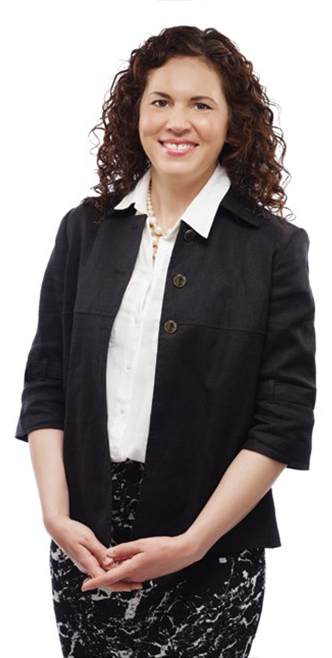Share this page
Make a difference in your profession by participating in the 2018 Council election.
By Angela De Palma, OCT
@angdepalma
Photo: Matthew Plexman

The summer before I shifted from teaching Grade 4 to Grade 5, I eagerly and somewhat anxiously reviewed the curriculum documents. I wanted to reach a comfort level with the material so I could consider approaches, access related resources and draft an outline for the coming school year.
From the first glance at the social studies curriculum document — at that time the 2004 edition — I anticipated how a meaningful context would help students take an active interest in the topic of Canadian government, citizenship and our electoral process. I certainly hadn’t overheard students chatting about civic pride during recess time.
A child’s school community, however, plays a primary role in their life. When school is a place where students feel welcome, stimulated and safe, they inevitably take pride in the people, relationships and activities within its fold.
So, with the enthusiastic input of the teacher candidate placed in my classroom, we took an inquiry-based approach to unpack the roles and responsibilities of school community members and beyond before diving into preparations for a classroom-based election.
During the nomination period, student candidates artfully shared with their peers how they would make good decisions for themselves and the classroom as a community of learners. Inspiring posters, slogans and speeches broadcast how voting would elevate a student’s voice and choice. It was rewarding to witness civic pride being actualized in the classroom.
As a self-regulating profession, teachers in Ontario have the privilege of being heard in their provincial education community. While 14 members of College Council are appointed by the provincial government, 23 are nominated and elected by you, their educator peers, to represent the profession in Ontario.
If you’re interested in showing pride in the teaching profession on a provincial level alongside peers across the province, there’s still time to get your nomination form submitted before the December 1 deadline.
Next year opens with an opportunity for OCTs in good standing to select representatives to sit on the College Council, an event that won’t occur again for another three years.
Next year opens with an opportunity for OCTs in good standing to select representatives to sit on the College Council, an event that won’t occur again for another three years.
The special election area of the College website will be updated in January, especially for members. Instead of posters, slogans and speeches, you’ll find the list of confirmed candidates for each position, candidate blogs and a Voter’s Forum, where members can share their views.
In February, candidate biographies and Q&As will also be posted.
It’s been such an honour to serve the profession on behalf of my OCT peers during the sixth and seventh Councils. As I prepare to cast my electronic vote this time around, I urge you to join me in participating in the 2018 election.
The College is your College, the election is your election. Seek candidacy for the eighth Council. Get to know the candidates. Join me in asking them questions. Make your candidate choices by casting your electronic ballot starting on March 5. You’ll play a key role in determining who speaks on behalf of the teaching profession at your regulatory body for the next three years, and you’ll demonstrate shared pride for education in Ontario.
